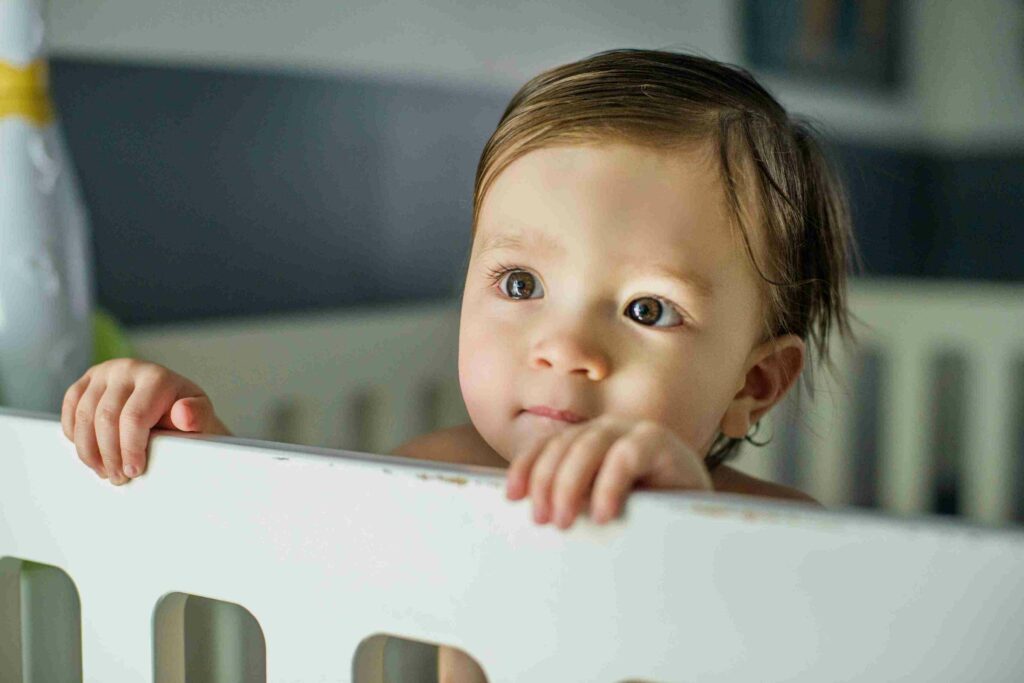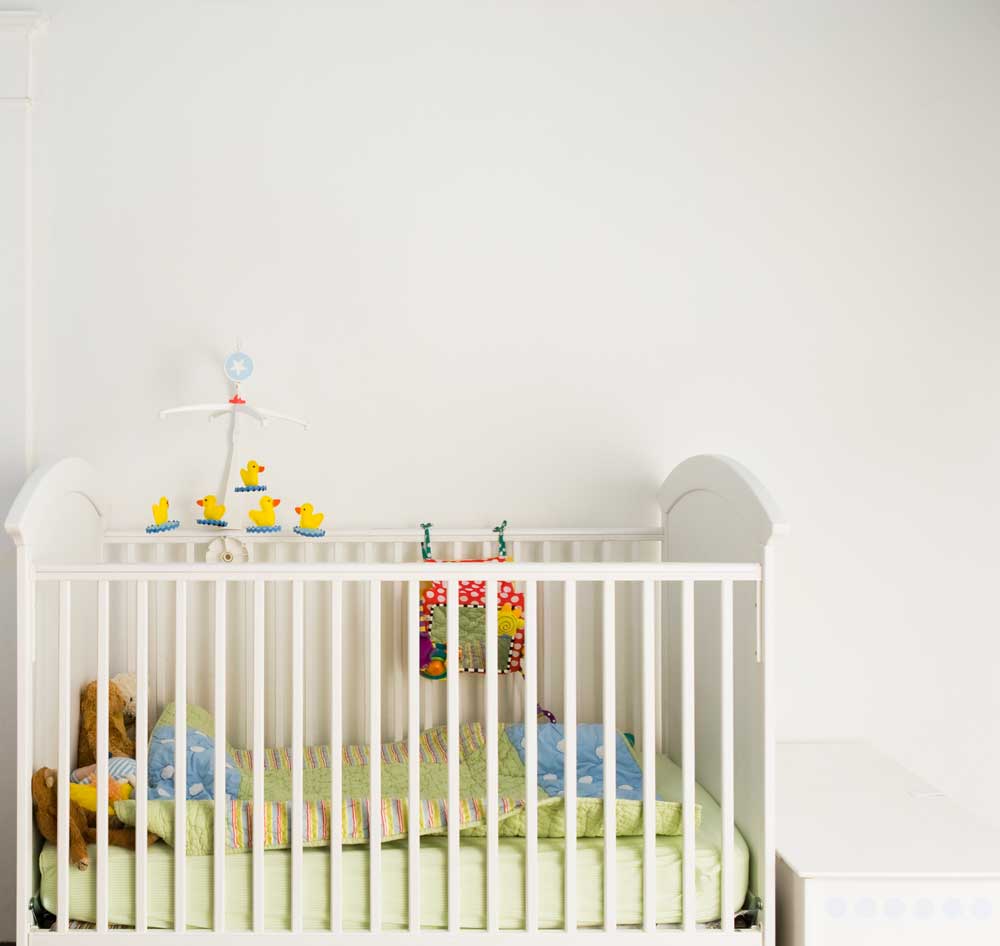
Parenting and Financial Planning: Budgeting for a New Baby
As parents prepare for the arrival of a new baby, one of the essential aspects to consider is financial planning. Budgeting for a new baby involves careful consideration of various expenses, from medical costs to ongoing childcare needs.
With the addition of a new family member, it’s crucial for parents to create a comprehensive financial plan that accounts for the immediate and long-term financial implications of raising a child.
In this article, we will explore the importance of financial planning for new parents, provide practical budgeting tips, and discuss the significance of allocating funds for essential items such as baby cribs.
Financial Planning for New Parents
The process of financial planning for a new baby begins well before the due date. Expectant parents should assess their current financial situation and consider how their expenses and income may change with the arrival of a child. This assessment can help parents establish a realistic budget that accommodates the additional costs associated with raising a baby.
Medical Expenses and Insurance Coverage
The first financial consideration for new parents is the cost of prenatal care, labor and delivery, and postnatal care. It’s important to review health insurance coverage and understand the out-of-pocket expenses associated with pregnancy and childbirth. Planning for medical costs, including potential deductibles and co-pays, can help parents avoid unexpected financial strain.
Ongoing Child Care Expenses
Beyond the immediate medical expenses, new parents should anticipate ongoing childcare costs, including pediatrician visits, vaccinations, and routine health care. Budgeting for these recurring expenses can help parents manage their finances effectively as their child grows.
Essential Baby Items
From clothing and diapers to feeding supplies and baby furniture, there are numerous essential items that parents need to purchase before the baby arrives. Allocating funds for these initial purchases and creating a separate budget category for baby essentials can prevent overspending and financial stress.
Long-Term Financial Planning
In addition to short-term expenses, new parents should also consider long-term financial planning, such as saving for their child’s education, investing in a college fund, and securing life insurance to protect their family’s financial future.
Budgeting Tips for New Parents
Creating a budget tailored to the needs of a growing family requires careful planning and financial discipline. Here are some practical budgeting tips for new parents:
Establish a Family Budget
Develop a comprehensive budget that encompasses all household expenses, including housing, utilities, groceries, transportation, and discretionary spending. Allocating a specific portion of the budget for baby-related costs can help parents track their expenses and avoid overspending.
Prioritize Essential Expenses
Identify the essential expenses that are directly related to the well-being and care of the new baby. These may include medical costs, baby supplies, childcare necessities, and safety equipment such as baby cribs. By prioritizing these expenses, parents can ensure that their baby’s needs are met while staying within their budgetary limits.
Research and Compare Costs
Before making significant purchases for the new baby, such as baby cribs, strollers, and car seats, research the available options and compare prices from different retailers. Taking the time to find the best value for essential items can result in significant cost savings without compromising on quality and safety.
Plan for Unforeseen Expenses
It’s important to anticipate unexpected expenses that may arise during the early stages of parenthood. Setting aside a portion of the budget for emergency situations, unexpected medical bills, or sudden changes in childcare arrangements can provide financial security and peace of mind.
Review and Adjust the Budget Regularly
As the needs of the family evolve, it’s essential to review and adjust the budget regularly. New parents should reassess their financial plan, track their spending, and make necessary adjustments to accommodate changing priorities and expenses.
The Significance of Allocating Funds for Baby Cribs
Among the essential items needed for a new baby, a safe and comfortable baby crib is a fundamental investment. Baby cribs provide a secure sleeping environment for infants, promoting healthy sleep habits and ensuring their safety during naptime and nighttime rest. Allocating funds for a high-quality baby crib is a critical aspect of financial planning for new parents.
Safety and Quality
When budgeting for a baby crib, parents should prioritize safety and quality. Investing in a crib that meets current safety standards and is constructed from durable, non-toxic materials is essential for the well-being of the baby. While there are various options available at different price points, ensuring that the chosen crib meets safety regulations is non-negotiable.
Long-Term Use
A well-designed baby crib can serve as a long-term investment, accommodating the baby’s sleeping needs from infancy through the toddler years. Some cribs are convertible, allowing them to be transformed into toddler beds or other furniture functions, providing extended value and functionality.
Considering Long-Term Savings
By investing in a durable and versatile crib, parents can potentially save money in the long run. A convertible crib that grows with the child eliminates the need to purchase additional beds as the baby transitions to a toddler and eventually to a young child. This long-term approach to crib selection aligns with the principles of prudent financial planning, as it minimizes future expenses related to bedroom furniture.
Budgeting for Additional Crib Accessories
In addition to the crib itself, parents should allocate funds for essential crib accessories, such as a comfortable mattress, fitted sheets, and protective crib liners. These accessories contribute to creating a safe and cozy sleeping environment for the baby, and factoring them into the budget ensures that the crib setup is complete and fully functional. It would also be a great idea to purchase a crib bundle where all necessary accessories are included to save cost.
Practical Considerations for Crib Budgeting
When budgeting for a baby crib, parents should consider the overall cost of the crib, including any additional accessories, delivery or assembly fees, and potential long-term savings associated with convertible cribs. By assessing these factors, parents can make informed decisions about the most suitable crib option for their family while staying within their budgetary constraints.
Conclusion
Financial planning for a new baby is a vital aspect of preparing for parenthood. By establishing a comprehensive budget, prioritizing essential expenses, and allocating funds for critical items such as baby cribs, parents can navigate the financial implications of raising a child with confidence and foresight.
The careful consideration of expenses related to the new baby, including medical costs, ongoing childcare needs, and essential baby items, sets the foundation for a secure and stable financial future for the growing family.
Moreover, by recognizing the significance of investing in a safe and durable crib, parents can make informed decisions that align with their budgetary goals while ensuring the well-being and comfort of their new baby.
For the perfect baby crib and other baby essentials, head to our KIKI & SEBBY shop today!

Your Quick Guide to the Ultimate Baby Cribs in Singapore

How to Create a Safe and Comfortable Sleep Environment for Your Baby









